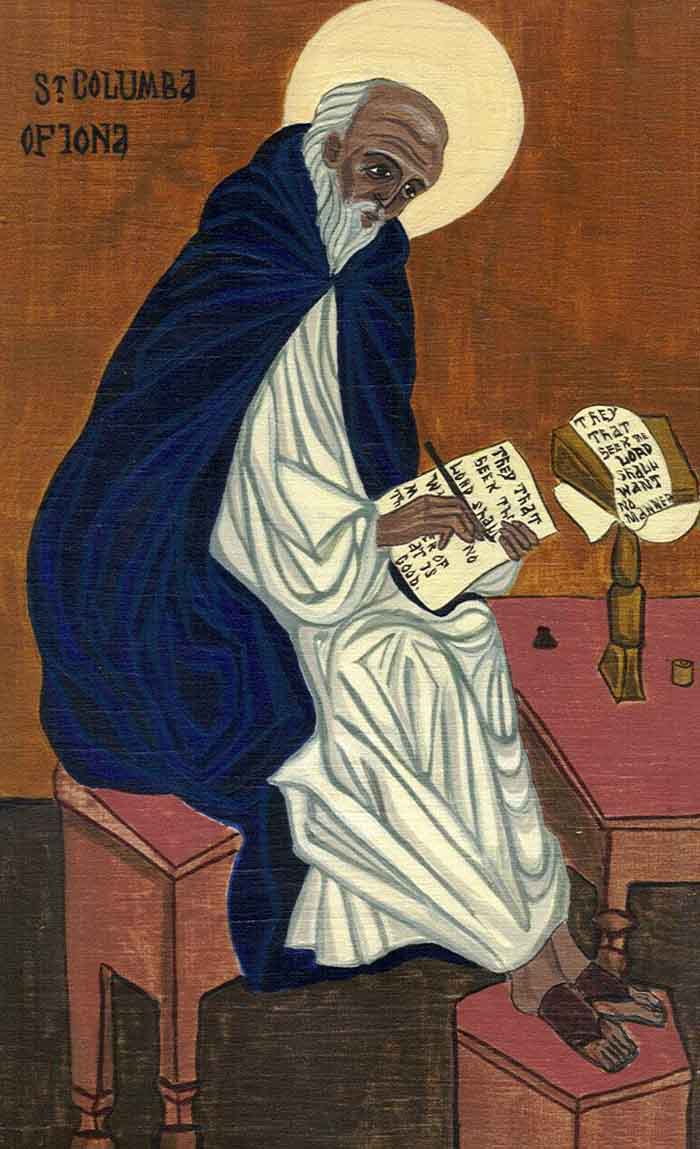Since my successful eye surgery, I have been reading all sorts of books that previously I had set to the side in order to focus on essential reading for my religious life and work. Based on a challenge from a friend, I immersed myself in the theological writing of Dorothee Soelle, a German Protestant theologian. Definitely not my normal cup of tea, but it was a profoundly useful exercise as I continue to contemplate the question of 'Authority' in the Christian Church.
The encounter with Soelle has led me to phrase the question of Authority a bit differently i.e., a question of Origins. For Soelle, the mystics (especially the female mystics) of the Middle Ages become Soelle's "Authority" for her work of feminist and liberationist theologizing. The normative Protestant answer on the question of Authority refers to the Bible -- an opinion on authority not that much different from the Sikhs and their sacred writings or the Muslims and the Koran and the Hadith. So I find Soelle's leaning upon the mediaeval mystics very interesting indeed. Her appropriation of the mystics gives her writing a unique quality of spiritual depth often lost in the feminist critique (rising from a hermeneutic of suspicion).
I have offered my thanks to the friend who challenged me to read Soelle and returned the challenge with The Essential Writings of Mother Maria Skobtsova. At first glance Mother Maria seems a bit of a paradox with her radical ideas and her firm Christian convictions and her absolute loyalty to the Russian Orthodox Church. That she has not been glorified by the Russian Church tells us that Russian Church authorities are still uneasy perhaps even unnerved by Mother Maria's writings. It came as a shock to learn that she was not yet "St. Maria of Paris" and I remain puzzled that a nun who was universally acclaimed as a living saint, who ministered the Gospel of Christ in the Ravensbrueck concentration camp, who died in a Nazi gas chamber, has not been seen as a saint or passion-bearer of the highest order by the hierarchy of the Russian Church.
From her writing one realises that Mother Maria was like a force of nature something like a tornado that would remove everything but Christ, His Church, and the souls of human beings. Her insights often send out shockwaves that unsettle and reorder one's thinking. There is a great deal in her writing on the Blessed Virgin Mary that speaks positively to those who are praying for a Fifth Marian dogma -- not that Mother Maria would have approved of such, but rather her writing points to an understanding of the Blessed Mother well beyond what current statements of the Church East and West have said.
Her theological insights have left me feeling as though I had been standing under a great waterfall. Afterward, my mind and my heart still felt the great rush of the Holy Ghost through Mother Maria's radical devotion to Jesus and the Church, and it is all a bit like standing in that wonderful atmosphere around a waterfall, fresh and charged with life. There is no question of "Authority" or of "Origins" in her writing for Mother Maria goes directly to the Source and there she bids us worship Christ and work to make present the Kingdom of God.
















